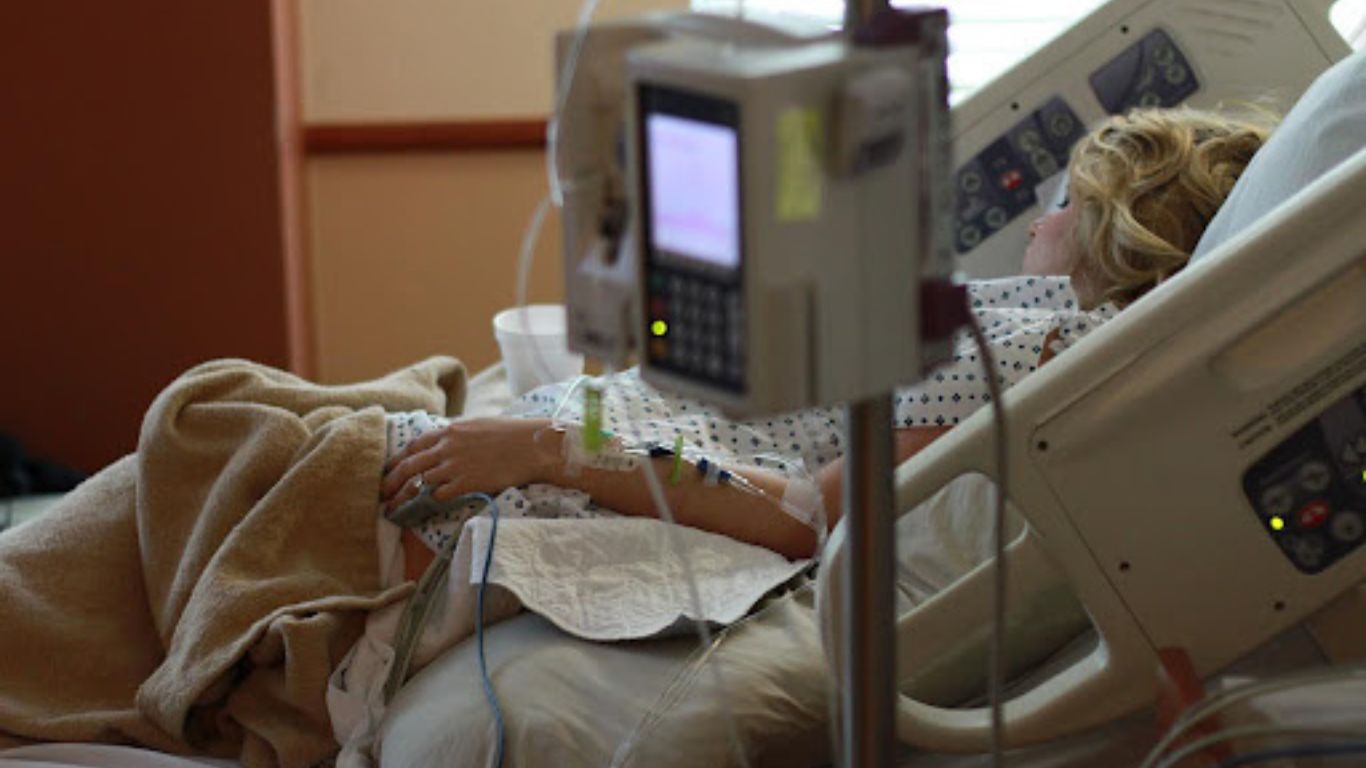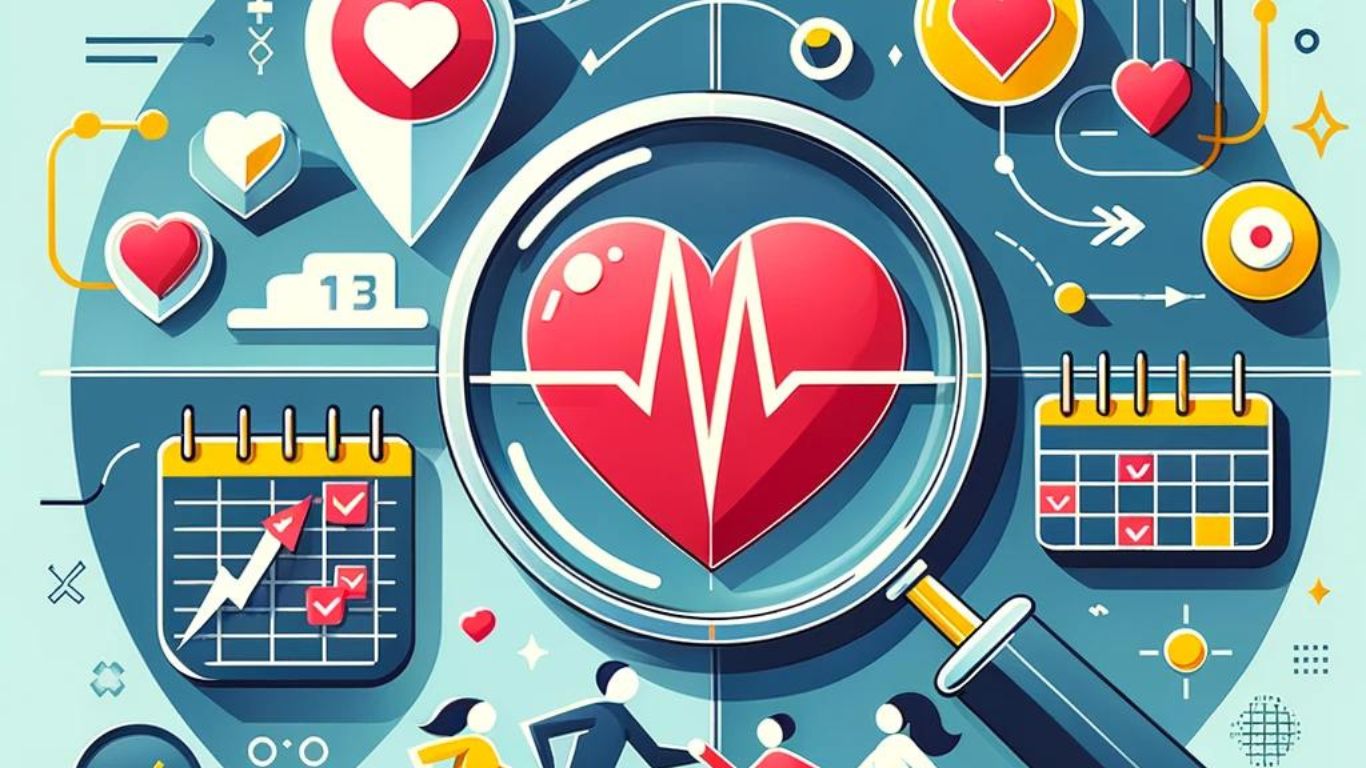Anyone can find it confusing and upsetting to receive an incorrect diagnosis. Mistakes like misinterpreting a patient’s symptoms, performing tests incorrectly, or miscommunicating with other healthcare professionals can have serious effects on the patient’s health and well-being. But it’s important to approach the matter rationally and take the initiative to resolve the problem. Here are some important steps to think about if you think a hospital misdiagnosed you.
- Seek Legal Advice
To learn more about your rights and alternatives in situations where medical malpractice or a mistaken diagnosis has caused serious harm, you might choose to get legal counsel. Every nation has different laws regarding medical negligence, therefore determine whether your case has validity, you should speak with a law firm that focuses on healthcare litigation. Remember that some law firms deal with specific health issues, for example, the top 10 mesothelioma law firm helps patients diagnosed with mesothelioma to file lawsuits. Judgment should only be taken when all other options for settlement have been exhausted.
- Seek a Second Opinion
After receiving a diagnosis that doesn’t feel right, getting a second opinion from a different qualified healthcare practitioner is one of the first and most crucial things to do. This can provide you with a more comprehensive understanding of your problem and support or challenge the first diagnosis. Getting a second opinion might provide important insights into your case, as different doctors may specialize in different areas or use different diagnostic procedures.
- Compile Health Records
Make copies of all pertinent medical documents, including appointment notes, test findings, and imaging scans. You can obtain accurate information for future assessments and facilitate contact with other healthcare practitioners by maintaining comprehensive medical history records. You can identify any discrepancies or omissions in your medical records and obtain a better grasp of the reasoning behind the initial diagnosis by looking over your records.
- Effective Communication
You and your healthcare providers must stay in open and honest communication during this process. Provide any other information that may be relevant to your case, together with a clear explanation of your questions about the accuracy of the diagnosis. Prepare to explain things and present a compelling argument for yourself. Effective communication may guarantee that your issues are promptly taken care of and that any necessary adjustments to your treatment plan are put into effect as soon as feasible.
- Speak with an Expert
Depending on the nature of your illness, consulting a professional with experience in the relevant medical field may be beneficial. In order to properly diagnose and formulate a plan of therapy for a certain disease or condition, specialists often have a great deal of expertise and training in managing that specific type of problem. Do not hesitate to request a referral to a specialist from your primary care physician if you believe it is required.
Finally
Getting an incorrect diagnosis in a hospital can be awful, but the problem must be resolved as soon as possible. Never forget that receiving high-quality medical treatment depends on you being an advocate for yourself and that your health and well-being come first.










